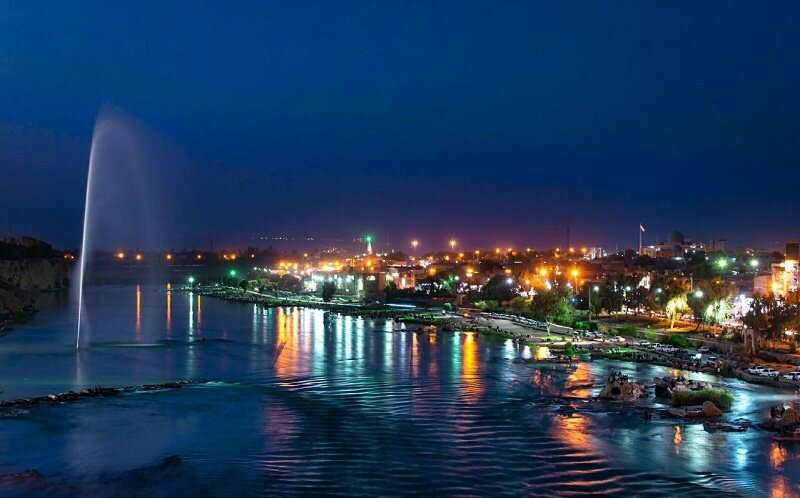Water tourism complex to be constructed in Dezful

TEHRAN–A vast water tourism complex is planned to be constructed in the southwestern city of Dezful, Khuzestan province, Dezful’s tourism chief has said.
To make the most of the tourism potentials of Dez River and boost hydro tourism in the region, the construction of the water tourism complex will begin within a month, Abbas Cheragh-Cheshm explained on Saturday.
The city of Dezful was ranked first as the tourism hub of the province last year, the official added.
The city always offers a wide range of tourism services, including religious tourism, war tourism, hydro tourism, and industrial tourism, as it has several natural sights and historical sites that are unique to the country, he noted.
However, for the development of the tourism sector in this region and the province, government credits are required, he mentioned.
The city also welcomes private-sector investors in the tourism sector, he said.
Hydro tourism or water tourism involves traveling to places specifically to take part in water-based activities. Some individuals who do not wish to partake in water-related activities embark on water tourism trips so that they can visit tourist sites that sit close to bodies of water such as lakes, rivers, dams, oceans, etc. Water tourists are regularly independent travelers, although some travel businesses do organize group trips.
While water tourism often includes active chases, some water tourists visit islands and shore regions to join more relaxed pursuits such as diving or swimming. Travel businesses organize tours of coral reefs and arrange for local tour guides to preside over excursions on which travelers can swim with local marine life such as dolphins or even sharks. Some tour operators also cater to families who are primarily focused on swimming and tanning rather than interacting with aquatic life.
Water trips occasionally involve inland destinations, such as lakes and rivers. Holidaymakers can sail or swim on lakes while many rivers are ideally suited to whitewater rafting. Additionally, some leisure businesses operate water parks that contain swimming pools, water slides, and areas for kayaking or canoeing.
Khuzestan is home to three UNESCO World Heritage sites of Susa, Tchogha Zanbil, and Shushtar Historical Hydraulic System, yet it is a region of raw beauty that its visitors could spend weeks exploring. The province is also a cradle for handicrafts and arts whose crafters inherited from their preceding generations.
Lying at the head of the Persian Gulf and bordering Iraq on the west, Khuzestan was settled about 6000 BC by a people with affinities to the Sumerians, who came from the Zagros Mountains region. Urban centers appeared there contemporaneously with the first cities in Mesopotamia in the 4th millennium. Khuzestan, according to Encyclopedia Britannica, came to constitute the heart of the Elamite kingdom, with Susa as its capital.
ABU/AM
